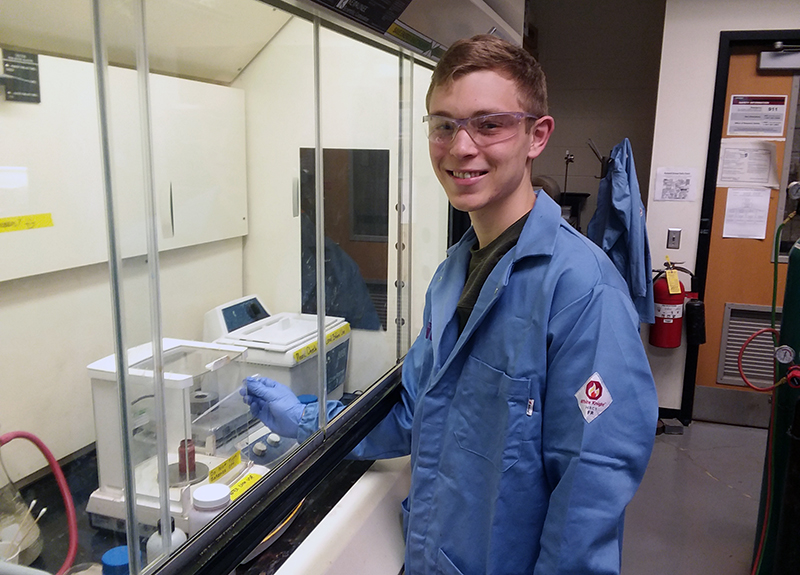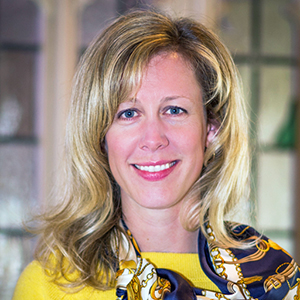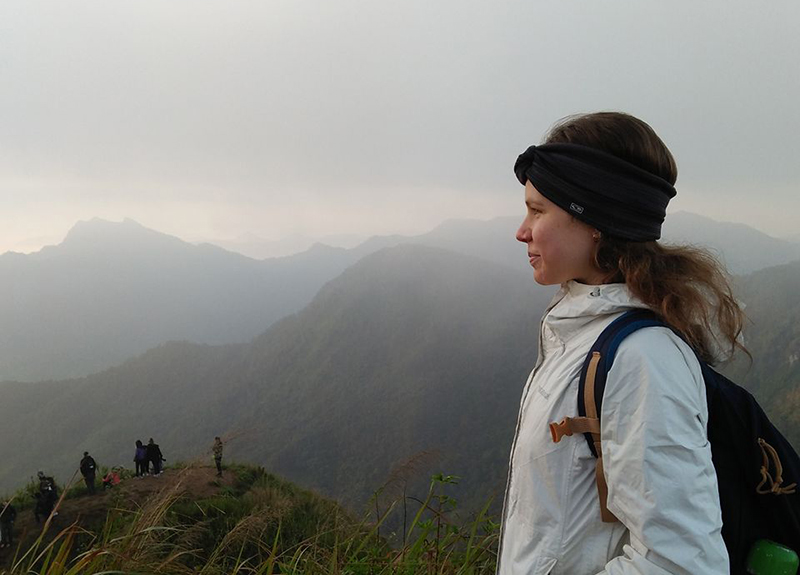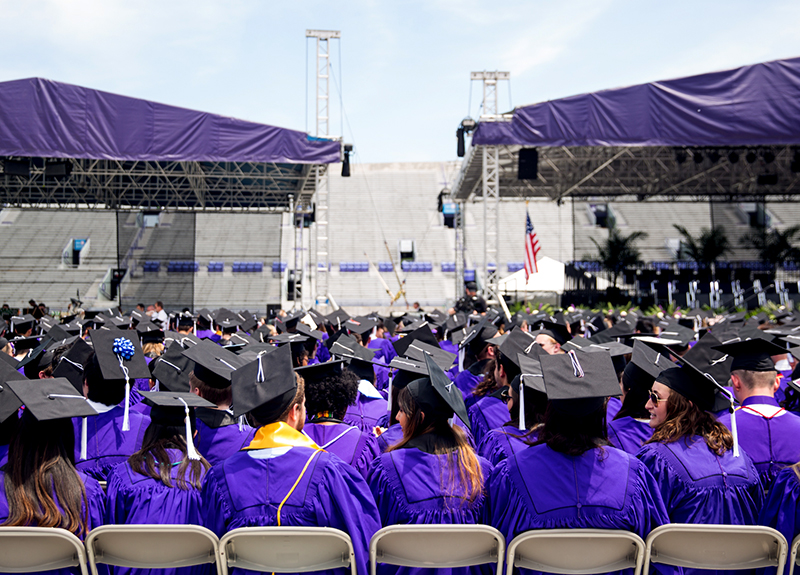The Institute for Sustainability and Energy at Northwestern (ISEN) has collaborated with the Undergraduate Research Grant Office (URG) since 2010 to support sustainability and energy-related undergraduate research. This summer, ISEN will support four students with three working on new materials for energy storage and the fourth on a historical perspective to better inform the dynamics of present-day environmental politics. Each recipient was selected after a rigorous faculty committee review process to receive an unrestricted grant of $3,500 to cover expenses for a full-time summer project.
Uncovering Historical Politics of the EPA
Junior Alex Moisa (WCAS) sets off this summer to study the rise of anti-environmentalism between 1970 and 1985. He will work under the tutelage of Keith Woodhouse, assistant professor of history. “The question of how environmentalism went from a bipartisan and near universally supported cause during the Earth Day moment in 1970 to a hyper-partisan issue by the 1980s and 1990s remains a puzzle for historians,” wrote Woodhouse in support of the initiative. “Alex's project will be a step toward answering several questions at once, and will make an important intervention in the scholarship on environmental policy.”
Moisa’s funding will allow him to travel to the Richard Nixon and Ronald Reagan Presidential Libraries to examine government documents and notes covering his area of interest. He will also review secondary literature and work with primary sources that track the change he is seeking to uncover. His research will inform his senior thesis and support his hopes of future publication. “As a history and political science major, this work is important in my undergraduate career as I garner the skills necessary for graduate school by doing my own independent research,” Moisa wrote in his grant application.
Testing Cathode Materials for Lithium Ion Batteries
As summer heats up, Nicholas Lin (WCAS) will be working to improve lithium ion battery technology in the laboratory of Sir Fraser Stoddart, Board of Trustees Professor of Chemistry. Lin, a junior, is eager for the opportunity to focus full-time on research. “Academic research is paramount to my training and education at Northwestern University,” he wrote in his grant application. “Research provides me with unparalleled experience in state-of-the-art laboratories and invaluable exposure to cutting-edge investigations in chemistry.” Lin will explore alternative cathode materials for rechargeable batteries—specifically truxenone. He will then prepare cathode ‘slurries’ incorporating his target compounds. Finally, he will construct lithium-ion button cells with these cathode compounds before drawing conclusions about the use of truxenone.
“The project deals with a hot area of battery chemistry and I feel my group, with Mr. Lin's and others' efforts, are on the leading edge of some impactful research work,” wrote Stoddart in support of Lin’s grant. Lin hopes his ability to focus on research this summer will prepare him to publish in the near future and to pursue an MD and PhD in the long-term, thereby expanding his career prospects.
Strengthening Batteries for Clean Energy Storage
Junior Robert Lundberg (McC) will spend his summer enhancing the structural stability of metal foams created from iron oxides for use with iron-air batteries. “With each passing year, the technology driving renewable energy sources such as wind and solar grows more advanced and commercially implemented. In order to cleanly store energy from renewable sources on a commercial scale, energy storage technology must have high efficiency and capacity, a long lifetime, a low environmental impact, and an affordable cost,” wrote Lundberg in his grant application. “In principle, iron-air batteries offer an elegant means to meet these goals.” Lundberg plans to modify a technique used to create the foams and enhance the performance of the foams during reduction-oxidation, a process through which batteries store and discharge electrochemical energy.
“If success is achieved, we will have demonstrated the ability to store hydrogen with very inexpensive iron oxide (rust) which will help accelerate deployment of electricity storage from wind and solar sources, thus contributing a scalable solution to one of the most pressing problems of our time, CO2 emission and global warming,” wrote materials science and engineering professor David Dunand, in support of the project.
Storing Clean, Green Energy
Tianfu Wang (McC) aims to improve the process by which electrical energy is converted to chemical energy through electrochemical reactions for storage. “Clean or green energy, such as solar and wind energy, facilitates not only more sustainable energy consumption, but also effective solutions for providing electricity to millions of people of the world. A major issue with it, however, is the storage of the energy generated from clean power sources,” Wang wrote in his grant application. The first-year student’s summer research will address the degradation rate of solid oxide electrolysis cells (SOEC), a device that facilitates the necessary reactions prior to storage. Device degradation “will likely be critical in efforts to improve long-term durability, helping to expand the reach of this clean-energy technology,” wrote materials science and engineering professor, Scott Barnett, in support of the grant.
Wang plans to fabricate fuel cell samples, conduct electrochemical testing, and evaluate the cells pre and post-test. Through this experience, he aspires to develop the skills needed to participate in the energy industry in the future.







